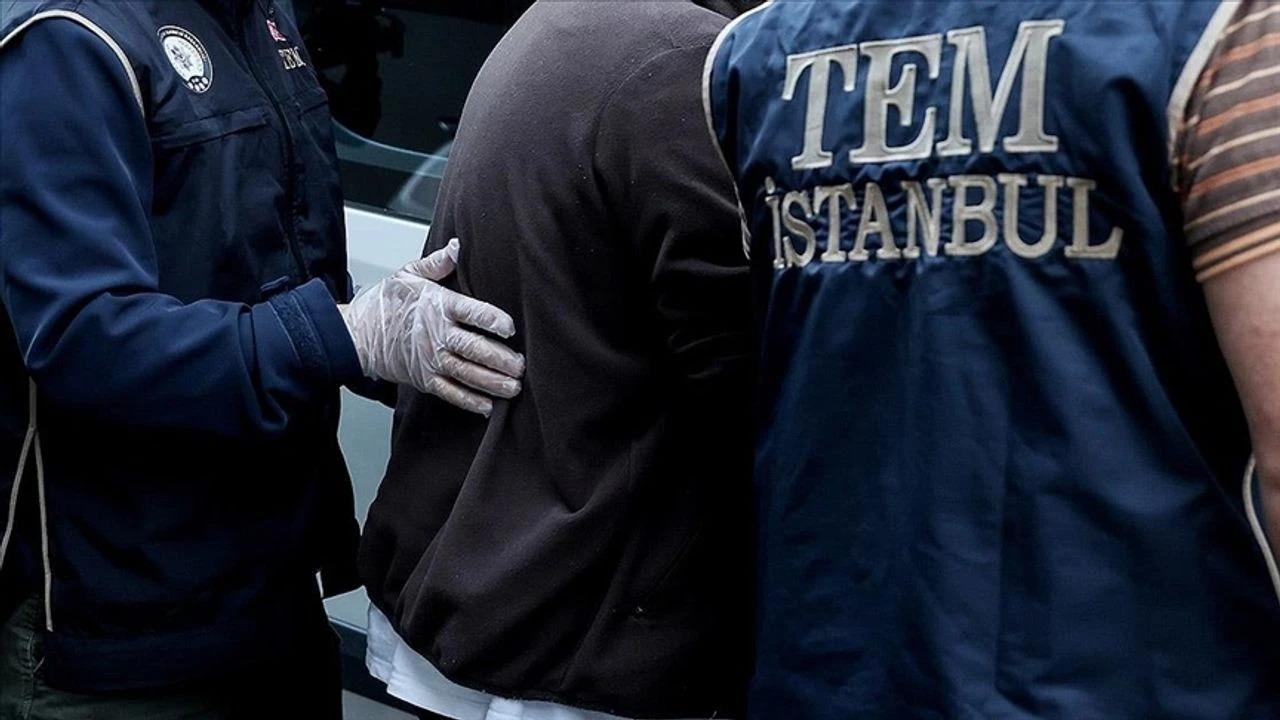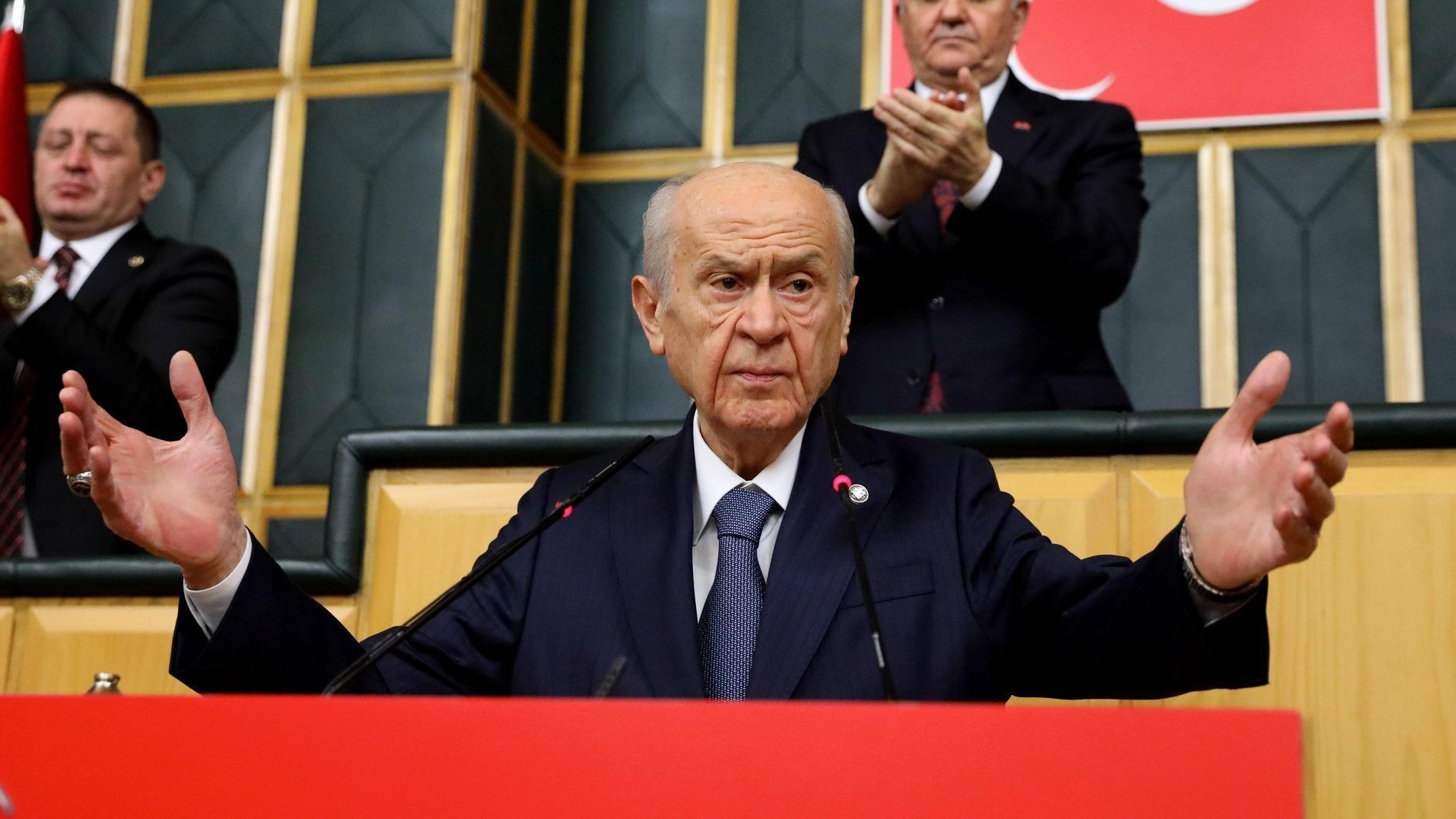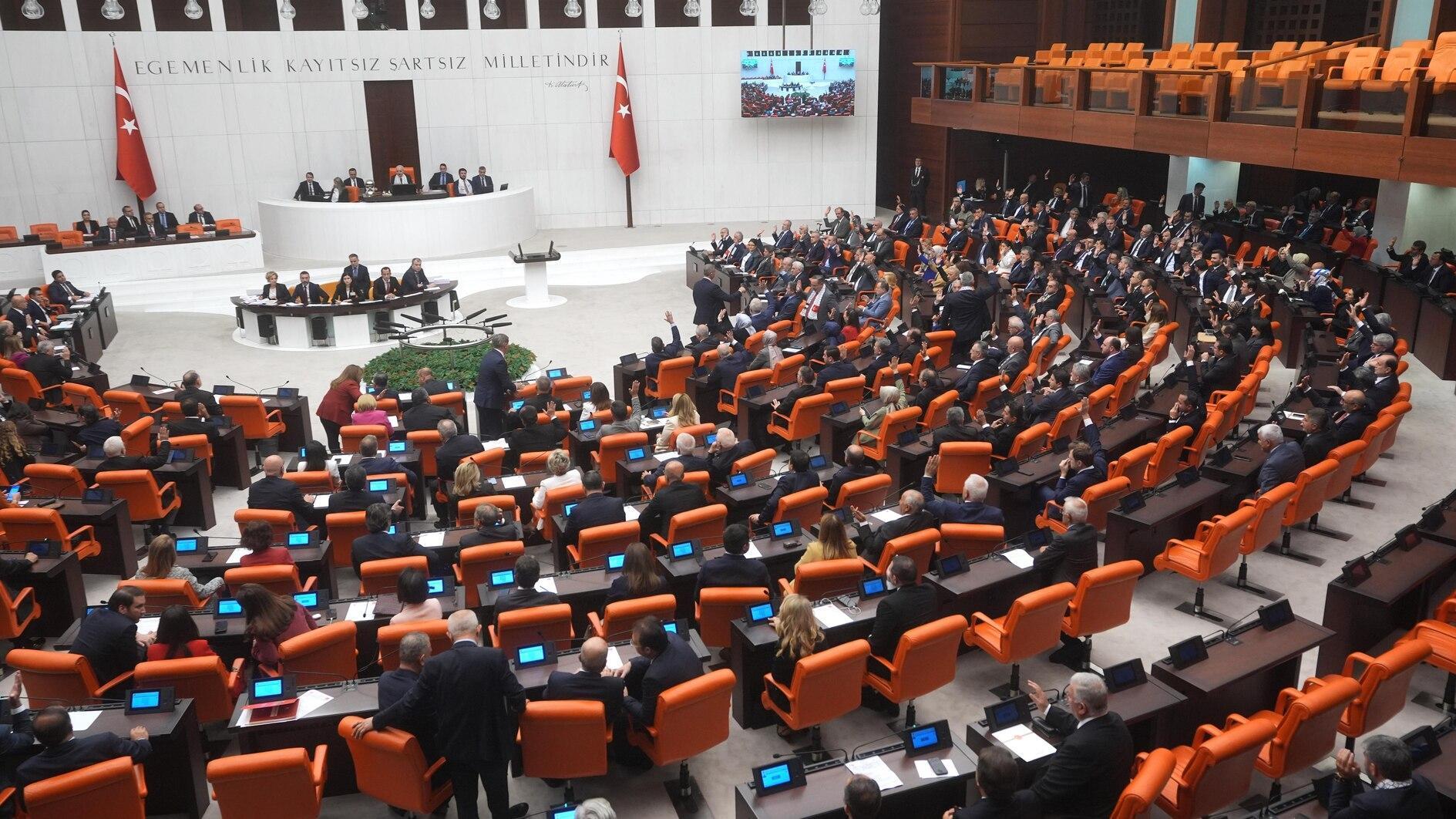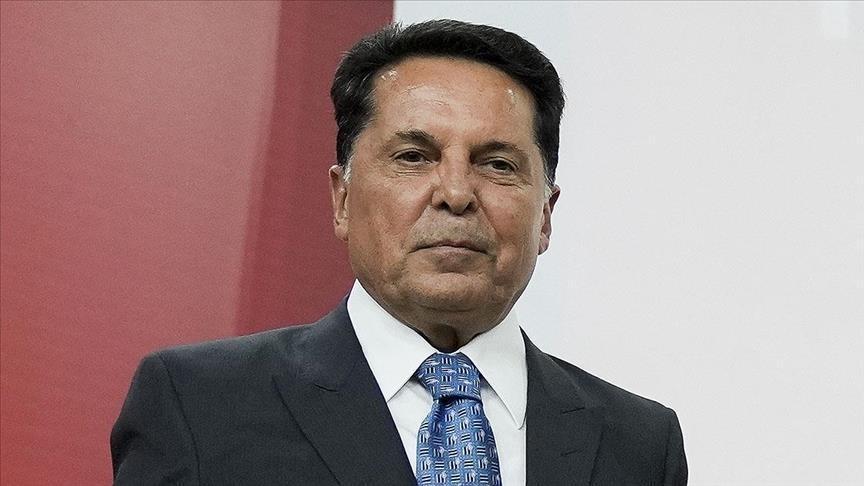Is Turkish democracy not mature enough for the EU?
You have probably read the statements of Turkey’s new European Union Affairs Minister Mevlüt Çavuşoğlu; they make the Hürriyet Daily News headline story today.
Promising new reforms towards EU harmonization, Çavuşoğlu says Tayyip Erdoğan’s Justice and Development Party (AK Parti) government is going to try hard to correct Turkey’s damaged image in Europe.
Well, that is a really hard job.
Not only because there is an ongoing investigation within the EU Commission to understand whether there is anything wrong with the fund’s spending in Europe, after Erdoğan left former EU Minister Egemen Bağış out of the Cabinet because of the involvement of his name in the Dec. 17, 2013 graft probe.
It is also because there is something not-quite-European in the government’s assessment that what has been happening in Turkey for some time is only an image problem.
According to Çavuşoğlu, there was little wrong in Turkey before the probe, which is nothing more than an attack against the government by Gülenists that damaged its image.
It is as if it was not Erdoğan and his government members who actually promoted the sympathizers of the U.S.-resident moderate Islamist scholar Fethullah Gülen within the state apparatus, especially in the security and judiciary, and they now expect everyone, inside and out, to switch to the “public enemy” look from the “best ally” overnight.
It is also naive to think that when you say there is no corruption and allegations are a part of a “coup attempt” - without first dealing with the allegations - you expect everyone to buy it. Perhaps for the AK Parti voters who have integrated their future with Erdoğan’s, but not the rest; especially not your European partners.
You probably read what Pietro Grasso, the president of the Italian Senate and former anti-corruption prosecutor, told HDN in the April 14 edition. He said the way to fight corruption was not to prosecute those reporting corruption, but to investigate the corruption allegations themselves, referring to the removals from office of policemen, judges and prosecutors involved in the probe.
I was talking to an EU official in a critical position regarding Turkey’s half-a-century old membership bid. My source, who doesn’t wish to be identified, said something really striking and sad for me to hear. They said the general understanding in the EU Commission regarding the corruption allegations, the way the government handled them, and the result of the March 30 local elections, which were another win for Erdoğan, was as follows: Turkish democracy is not mature enough to defend the basic principles behind it.
That was heavy. I asked why.
My source gave two main reasons:
1- The government did not apply the basic rules of law, which is to prosecute reported crimes in independent courts. Instead, it tried to divert attention and changed the structure of the judiciary, casting a shadow over the separation of powers.
2- Civil society remained silent and did not force the government to do the opposite, which is “something unthinkable in a European country.”
So it is not just the government, but also Turkish society that is responsible for this democratic immaturity, unfit to EU standards so far.
That also means that Minister Çavuşoğlu is trying to “correct the image of Turkey” after people have thought something like this about Turkey; a really hard job.











